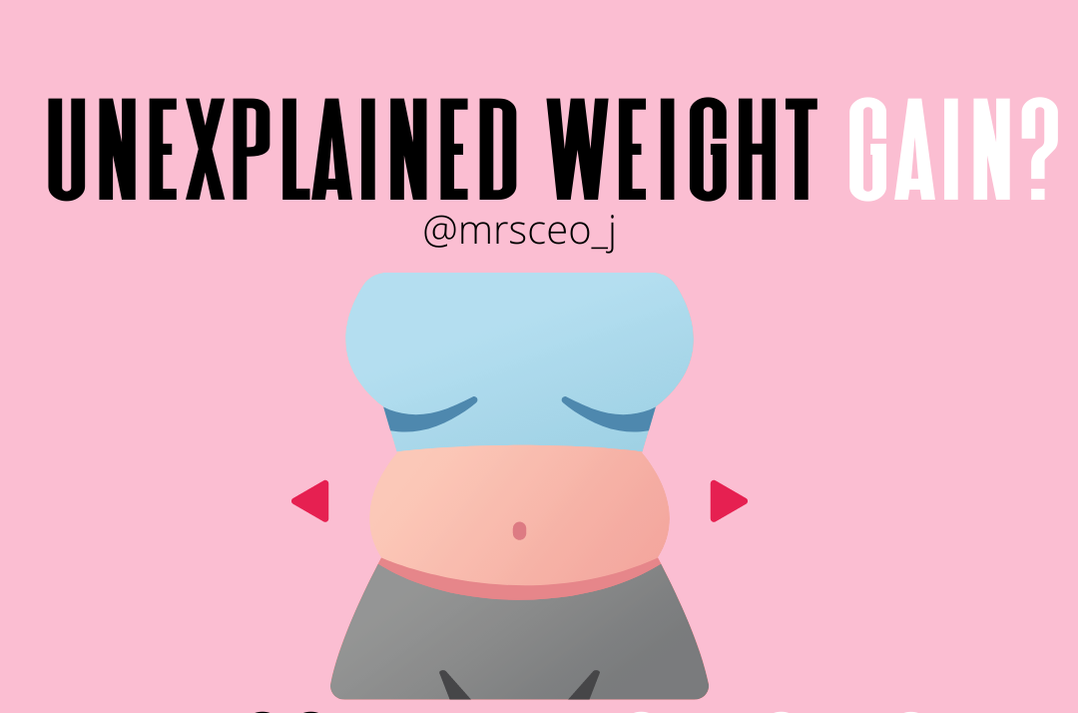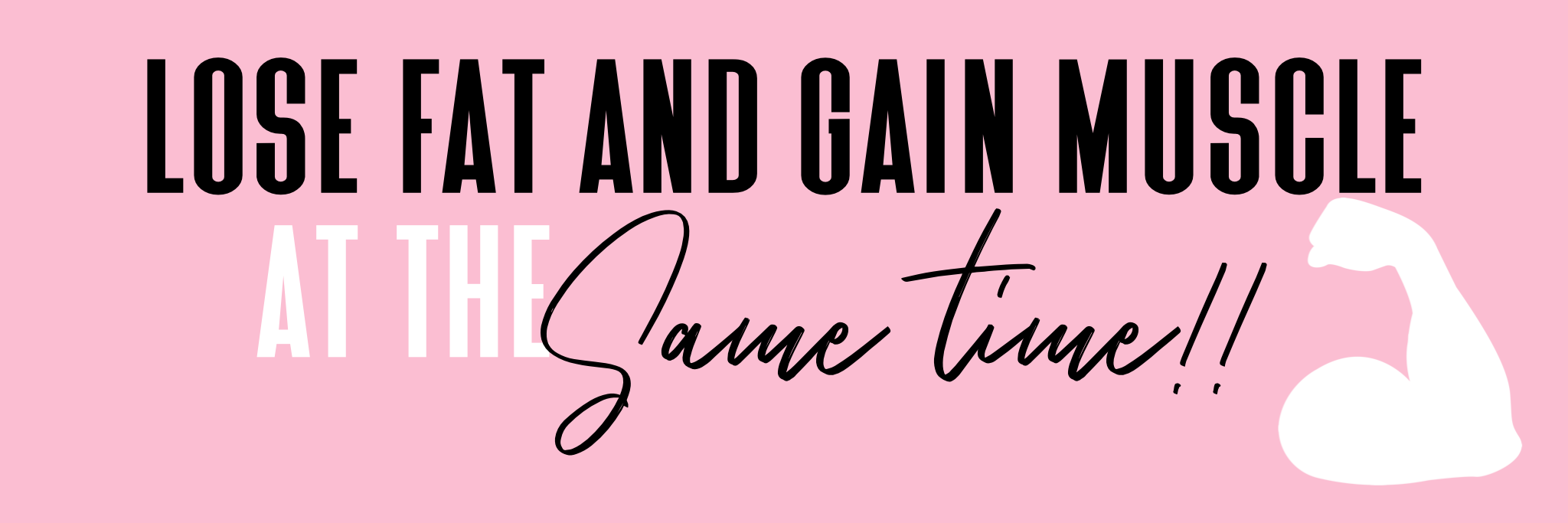- Home
- J's BBC
- Macro Assessment
- 1on1 Macro Coaching
- YouTube Channel
- PODCAST
- Transformation Gallery
-
LOW CARB RECIPES
- Keto Cocktails & Alcoholic Beverages >
- Keto Starbucks Drinks >
- Fat Bombs >
- Keto Dessert Recipes >
- Beverages >
-
Keto Dinner Recipes
>
- Avocado Cauliflower Rice
- Basil Pesto Chicken
- Keto Buffalo Chicken Salad
- Buffalo Chicken Casserole
- Keto Cheesy Garlic Mash
- TKB Chicken Alfredo Bake
- Keto Chicken Parmesan
- Keto Chicken Enchiladas
- Cilantro Lime Salmon
- Keto Crack Chicken
- Fake Keto French Fries
- Fake Keto Fried Chicken Tenders
- Fake Mac n Cheese
- KETO Fathead Rolls
- Keto Garlic Butter Mushrooms
- Garlic Butter Meatballs
- TKB Keto Lasagna
- KETO Lemon Garlic Shrimp Zoodles
- Keto Low Carb Pho
- TKB Mozzarella Stuffed Meatballs
- Keto Mozzarella Cheese Sticks
- New York Pizza
- Shrimp Cakes with Lemon Aioli
- Keto Spaghetti
- Keto Zucchini Raviolis
- Keto Breakfast Recipes >
- Dump Ranch Dressing
- Shopping & Discounts
- About The Coach
- Elite Coaching Log in
|
The biggest problem in fitness today is being unable to lose fat and gain muscle at the same time. Whether it's a question on a forum, or a comment on a video, people are always asking for tips and tricks to help them do it!
Here I'll give you my top 3 ways of how to lose fat and gain muscle at the same time. Here are my top 3 tips on how to build muscle while you are losing fat.
I can help you put together a program that will help you to lose the stubborn fat while gaining lean muscle.
0 Comments
 We all know that weight gain is inevitable as we age. The combination of shifting hormones and slowing metabolism makes it difficult to maintain the same weight we had in our twenties, even when eating what used to be a healthy diet and exercising regularly. However, many women experience more than just normal changes in their weight during midlife; they also find themselves struggling to lose a menopausal "spare tire," even if they continue to eat carefully and exercise regularly. What's going on? In menopause, estrogen and progesterone levels start to drop. This change may be sudden in some women, while the decrease is gradual for others. In both cases, hormone fluctuations can cause menopausal weight gain in a number of ways. Your energy levels drop causing you to burn less calories than you used to during a normal day. You may even skip workouts all together. You also may experience disrupted sleep cycles. Poor sleep an often lead to increased cravings. So now not only are you moving less you are eating more. To make matters worse, that weight that you gain may be going to different places than you are used to. Researchers from the University of Alabama in Birmingham recently published a study showing that menopausal women tend to gain weight more in their bellies than they do in other parts of their body. This is mostly caused by a change in hormones that causes menopausal belly fat cells to behave differently. Just as with younger people, menopausal women who lack physical activity and get less than 30 minutes of daily exercise are more likely to gain weight all over their body. However, menopausal women who get regular exercise and work out for 30 minutes or more at least five days per week may be able to prevent the increased belly fat that leads to menopausal weight gain. If your menopausal weight gain is due mostly to menopause-related hormone changes, maintaining a healthy exercise regimen can help you maintain your weight. Obviously, the more menopausal weight gain that is due to hormonal fluctuations , the more important regular exercise becomes. Sometimes menopausal weight gain isn't caused by menopause alone. If your weight gain is accompanied by menopause symptoms like hot flashes or night sweats, it's possible that menopause is the root of menopausal weight gain. If you still have menopause symptoms even though your periods haven't stopped for a long time, you may be perimenopausal. During this early menopause transition stage, hormone levels can fluctuate erratically and cause changes in how the body stores fat. As menopause progresses , the changes in hormone levels become more constant, and menopausal weight gain may be driven less by menopause itself than it is by simple age-related weight gain. If menopausal weight gain has you discouraged, here are a few things you can do to help yourself stay healthy at any size: ● Eat a healthy diet and get plenty of exercise. Maintaining a healthy weight is the best way to fight menopausal menopause-related menopausal weight gain. ● Challenge yourself physically by trying new types of workouts and sports, like biking or boot camp classes. You'll not only get in better shape, you'll also improve your menopausal fitness level, which will help you maintain your weight. ● Get regular menopause treatments that can help with menopausal symptoms like hot flashes and night sweats, including hormone therapy (HT) or low-dose menopausal estrogen therapy (ET). These menopause treatments may also help reduce the likelihood of menopausal weight gain. However, menopausal weight gain is a common side effect of menopausal treatments, including HT and menopause medications. ● Talk to your menopause doctor about menopausal weight gain and ask for guidance It's important to remember that menopause is a part of life for many women, but menopausal menopause-related weight gain doesn't have to be. By eating a healthy diet and getting regular physical activity, menopausal women can fight menopausal menopause-related menopausal weight gain with great results. If you need help with weight loss or menopause related weight gain, I would love to work with you. Click here for information on my customized program. |
Company |
- Home
- J's BBC
- Macro Assessment
- 1on1 Macro Coaching
- YouTube Channel
- PODCAST
- Transformation Gallery
-
LOW CARB RECIPES
- Keto Cocktails & Alcoholic Beverages >
- Keto Starbucks Drinks >
- Fat Bombs >
- Keto Dessert Recipes >
- Beverages >
-
Keto Dinner Recipes
>
- Avocado Cauliflower Rice
- Basil Pesto Chicken
- Keto Buffalo Chicken Salad
- Buffalo Chicken Casserole
- Keto Cheesy Garlic Mash
- TKB Chicken Alfredo Bake
- Keto Chicken Parmesan
- Keto Chicken Enchiladas
- Cilantro Lime Salmon
- Keto Crack Chicken
- Fake Keto French Fries
- Fake Keto Fried Chicken Tenders
- Fake Mac n Cheese
- KETO Fathead Rolls
- Keto Garlic Butter Mushrooms
- Garlic Butter Meatballs
- TKB Keto Lasagna
- KETO Lemon Garlic Shrimp Zoodles
- Keto Low Carb Pho
- TKB Mozzarella Stuffed Meatballs
- Keto Mozzarella Cheese Sticks
- New York Pizza
- Shrimp Cakes with Lemon Aioli
- Keto Spaghetti
- Keto Zucchini Raviolis
- Keto Breakfast Recipes >
- Dump Ranch Dressing
- Shopping & Discounts
- About The Coach
- Elite Coaching Log in




 RSS Feed
RSS Feed